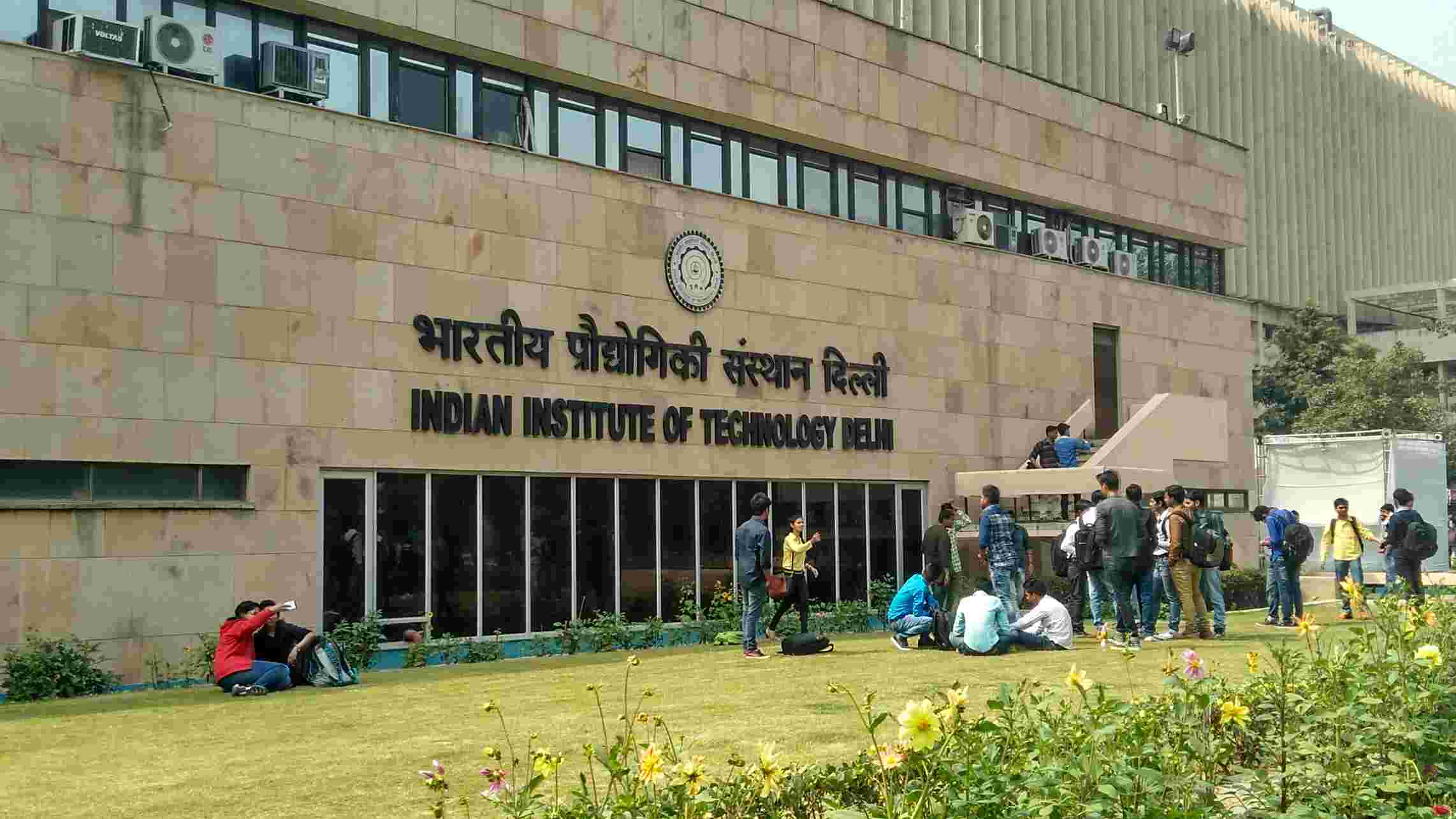Central Govt: IITs setting up their offshore campuses may get a royalty for using the brand name


Indian Institutes of Technology (IITs) setting up their offshore campuses may get a royalty from the institute established abroad for using the brand name, a Centre government panel has recommended. The expert committee has emphasised on safeguards for saving the IIT brand in the longer run and in cases where the institute established abroad does not do well due to any reason. "The establishing IIT should get something back from the institute abroad. For example, there could be a royalty for using the IIT brand. There should be safeguards for saving the IIT brand in long run. Every effort should be made to ensure that the IIT brand is not diluted in any manner, in case one of the institutes established abroad does not do well for whatever reason," the 17-member panel has said in its recommendations.
The panel has suggested that the best governance system from anywhere in the world including governance structure of IITs be adopted for these institutes. "The governance structure should be such that while the connection with the mentoring IITs is maintained, any approval from the mentoring IIT or Indian government should not be required," it said. Advocating enough freedom to course instructors in teaching and grading as being followed in IITs, the panel has also recommended that curricular structure should be flexible and multi-disciplinary. "Innovative, integrated dual degree programmes combining technical courses with science, humanities, finance, arts etc. should be allowed. It is expected that such innovative courses will be in high demand and can give an edge to the newly established institute over the existing ones," it said.
Several IITs have been receiving requests from the Middle-East and South Asian countries to set up their campuses. While IIT Delhi is considering setting up a campus in UAE, IIT Madras is exploring options in Sri Lanka, Nepal and Tanzania. The Centre had earlier this year set up a committee headed by IIT Council standing committee chairperson Dr K Radhakrishnan. The panel has recommended creating a generic system like IIT, NIT or IISER, under which a series of institutes can be established as the current IIT Act does not provision for creating IIT outside the country.
"The Act of Parliament through which these institute are created should give them more freedom than the current IITs. These institutes have to adopt themselves as per local laws and other legal and financial requirements and, therefore, should have enough freedom to excel," it said. "The local agencies should be identified and on-boarded by the Indian Embassy in the foreign country. Hiring these agencies should not be the responsibility of the mentoring IITs as they may not have the required knowhow and experience in dealing with such agencies. The mentoring IIT should, however, provide their requirements, specifications and interface closely with the selected agency to ensure timely progress," it added.
The panel has recommended that there could be more than one model of establishing the institute depending on the specific location such as campuses by individual IITs, a group of IITs and HEIs, individual or group of IITs in collaboration with a reputed host university. "For example, in UK, collaboration with a reputed host university will be preferred. However, this collaboration has to be entered with care so that the expectations and responsibilities of participating IITs are aligned with those of the host university," it said.